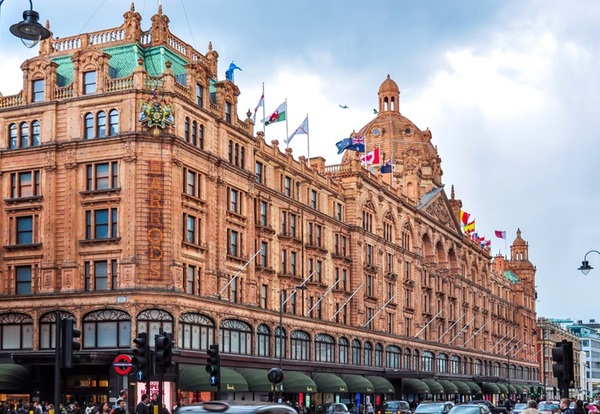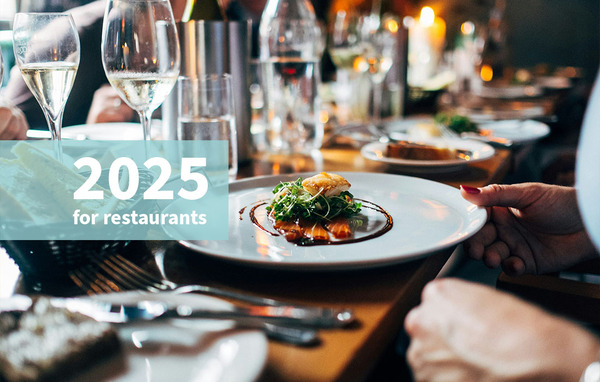Eight restaurants, pubs and bars are closing every day
About eight restaurants, pubs and bars have closed every day for the last year, according to the latest edition of the Market Growth Monitor from CGA and AlixPartners.
The monitor showed that Britain had 3,116 fewer licensed premises in June 2018 than it had 12 months earlier, marking a 2.5% decline.
The rate of closures appears to have almost doubled since the last edition of the monitor was published months ago.
Wales has seen the most pronounced decline, with 3% of licensed premises closing, while a 2.3% fall was seen in London. The smallest fall, of 1%, was recorded in the West Midlands.
The monitor showed that community pubs continued to account for the majority of closures, although restaurant numbers have started to fall following a period of growth that saw their numbers increase by 11% in five years.
Challenges in the restaurant sector, including fierce competition, flat like-for-like sales and escalating input costs, have claimed a number of casualties in 2018, although some ambitious fledgling brands have continued to expand.
The monitor reports that operators are increasingly looking to open sites beyond London and the south east. In the last year the number of branded restaurants outside the M25 increased by 5.9%, compared to 1.5% within it.
CGA vice-president Peter Martin said: "Given the multitude of challenges facing the sector at the moment, it is no surprise to find that the pace of licensed premises closures is increasing.
"People continue to eat and drink out, and new and exciting restaurant, pub and bar brands are still achieving impressive growth. But competition from these dynamic start-ups, rising costs and the fickle nature of many consumers are combining to turn up the heat on established restaurant brands. In the current climate, standing still is simply not an option."
AlixPartners managing director Graeme Smith added: "The monitor tells the story of a market responding to current pressures. Restaurant expansion is still on the agenda for some companies, particularly in those locations across the UK that have previously been under-served by casual dining operators, but management teams and investors need to carefully consider their opening strategies.
"When it comes to pubs, operators with a well-executed food offer remain attractive, and those who add accommodation to the mix are under the spotlight of investors looking to businesses with more diversified revenue streams and broader trading windows."
The casual dining property gold rush>>
Casual dining sector records increase in visitors despite high-profile closures>>















